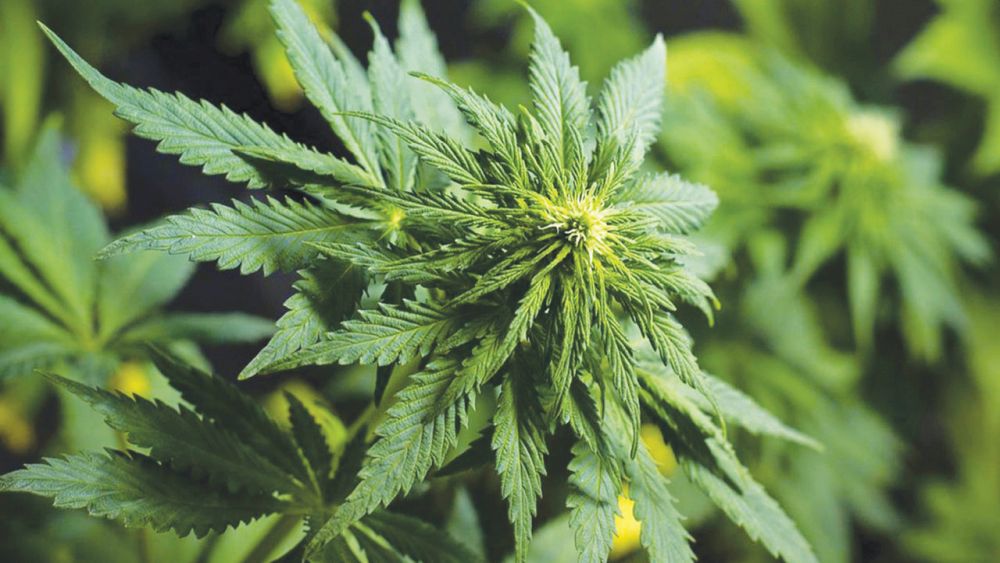The 118th Congress might be the perfect representation of how added federal policymaking currently functions when it comes to drug laws.
The House is under the thrall of a bunch of ghouls and buffoons who hold sway over the Republican Party, which has a majority. But even with that, and even though the parties can’t agree on whether reality is really real, there is “bipartisanship” on issues related to both cannabis and psychedelics in a House that generally shuns bipartisanship. That’s true on both sides of the legalization question in particular, with some Republicans supporting it and some Democrats opposing it. The House Cannabis Caucus is composed of Reps. Barbara Lee, a California Democrat; Brian Mast, a Florida Republican; Earl Blumenauer, an Oregon Democrat; and Dave Joyce, a Florida Republican.
But the “bipartisanship” just adds to the confusion—and obscures the fact that whenever progress is stymied, it’s usually Republicans doing the stymieing. A spate of bills recently and currently before Congress shows just how incoherent policymaking is in this area. The same week that a House committee sent a measure to the House floor that would allow the Veterans Administration to advise patients who live in states where pot is legal on the use of medical cannabis, the Rules Committee voted to retain the practice of drug testing employees at some agencies, including the Department of Agriculture and the Food and Drug Administration, for cannabis use. Weed is legal for adult use in Washington, D.C., and in Md.; personal possession is also legal in Va., though retail sales are allowed only for medical use.
Meanwhile, a measure to “promote” research into the therapeutic use of psychedelics was sent to the House floor.
The Rules Committee this session is proving itself to be the panel where cannabis bills go to die. Earlier this month, that committee shot down nearly a score of drug-reform amendments. Those included halting drug testing for military enlistees, allowing VA doctors to specifically recommend cannabis treatment, allowing the use of CBD—the non-psychoactive component of cannabis that is the main ingredient in an FDA-approved drug—and protecting federal workers from losing their security clearances for using cannabis.
Those were amendments to a defense-spending bill. Lee and Blumenauer reacted to their denial with a joint written statement:
“From ensuring our veterans have equal access to state-legal medical marijuana programs to preventing past cannabis use from disqualifying applicants to enlist in the military, our amendments gave the opportunity for Congress to come together across party lines and make progress for communities impacted by the failed war on drugs. At a time when we are facing serious recruitment and retention challenges, it is a travesty that the Republican majority refuses to address the military’s archaic drug policies, which drive qualified people out of the armed services or prevent them from enlisting in the first place.”
Rep. Matt Gaetz, a Florida Republican who sponsored the measure to end the practice of testing recruits for pot use and is as MAGA as they come, similarly decried the committee’s action. But, of course his statement to Marijuana Moment was unnecessarily nasty and personal, as is the way of his people: The denial of the amendments, he said, was “a consequence of living in the gerontocracy of Congress [and] is a boomerfied view of drug policy.”
Yes, those boomers famously and historically hate weed.
In what might be described as the best outcome among the most current batch of measures, the vote to “promote” research into the use of psychedelics like psilocybin and MDMA for therapeutic use to treat maladies such as depression and PTSD was actually toothless. It changes no laws, and doesn’t even mention psychedelics. But by simultaneously increasing and decreasing the amount of appropriations in a part of the bill, it signals encouragement to federal agencies. The Rules Committee’s summary says it was passed “to ensure that the VA conducts large-scale studies into the efficacy of drugs that have FDA-designated Breakthrough Therapy status to treat post-traumatic stress disorder through VA-administered drug assisted therapy trials.”
That’s what passes for lawmaking now. Is it any wonder that bigger cannabis bills, like allowing banks to do business with pot companies without fear of liability or pushing for cannabis legalization itself, can’t seem to make their way through Congress?



